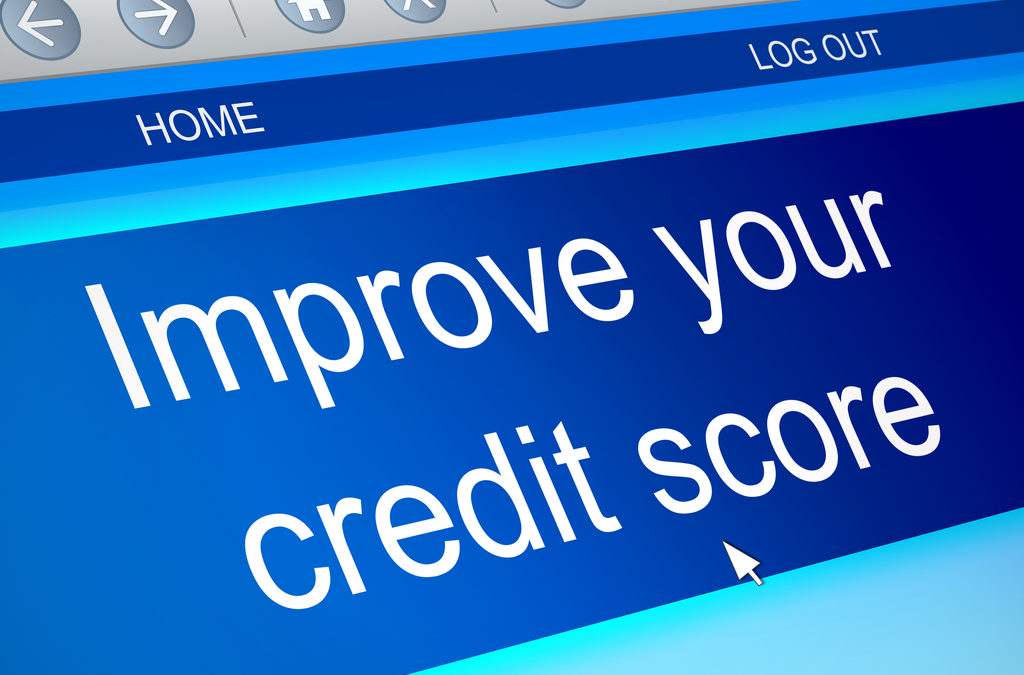Increasing your credit score is a difficult process. However, you can improve your score when you follow the right steps. An excellent credit score does not happen overnight. Instead, it is an accumulation of events focused on your habitual patterns. Past actions make a huge impact on your score. When you pay your credit card statement on time without maxing out on the credit limit, your consistent behavior makes a favorable impact on the credit score. If your actions have been less than consistent, the score has probably faltered. Nevertheless, you can improve your credit score by observing the following seven steps:
1. Pay strict attention to your credit card balances.
One important thing to consider involves the amount of your revolving credit in contrast with the money you actually use for purchases. When you only spend 30% of your credit card limit while paying off the rest of your balance every month, the credit score improves. In other words, your score looks better because you are not using your full amount of allotted credit. Instead, you consistently keep all debts on the low end and refuse to overextend your credit. When you practice this strategy, credit bureaus take notice of your excellent behavior and responsible attitude. Hence, your credit score rises.
2. Avoid making purchases with several credit cards.
It is better to use one card instead of five different credit cards. When you own several cards, you need to eliminate the balances. If you have already incurred balances on several credit cards, pay them off right away. Try to consolidate all your purchases into one or two credit cards. When you no longer have any balances on your credit cards, you may discover that your credit score improves.
3. When you pay off the mortgage on your home or the remaining balance on your vehicle loan, your credit report indicates these statistics.
You do not need to have positive debts removed from your credit report. Paid debts actually improve your score. On the contrary, outstanding debts remain on your credit report. Once you prove that you are able to pay off your debts without any financial difficulties, your responsible habit makes a good impression. Consequently, an excellent credit score reflects a positive historical pattern. Furthermore, avoid closing out old credit card accounts displaying consistent repayment histories.
4. Do not apply for new credit cards or loans too often.
Each time you apply for a loan or a new credit card, your credit score goes down. The reason that the score is affected in a negative way is because your repeated efforts to apply for credit makes it look as though you need an abundant amount of credit at your disposal. Nevertheless, with certain types of automobile, mortgage and even student loans, mathematical formulas observed by creditors typically indicate that you have only borrowed money from one loan instead of several loans.
Note that your FICO score is not affected by recent credit inquiries. Furthermore, inquiries older than 30 days are regarded as though they are one single inquiry. In these types of situations, your credit score is often reflected by the type of software used by creditors. Recent software programs allow 45 days for inquiries. However, traditional software programs only allow 14 days. In addition, outdated technology means that the software does not regard multiple loans as though they are one loan.
5. Pay your bills in a timely manner.
Improve your credit score by making consistent monthly payments. Always make sure you pay credit card statement balances by the due date. One way to ensure that you pay your statements on time is to set up an automatic payment option. You can make arrangements to pay every monthly statement on time by having the money taken directly out of a linked checking account. When you use the automatic payment method, you never need to worry about paying your statements on time. Plus, making timely automatic payments ensures that your credit score continues to improve. Of course, your account must have enough accessible funds to cover the payments.
Pay your bills on time. Whether you have utility, cell phone or medical bills, pay them by the due dates. Otherwise, a collector may report your tardy or absent payment to a credit bureau. If your credit report contains detrimental information about your failure to pay bills in a timely fashion, your credit score is not going to improve. In fact, the score may go down.
6. Avoid risky behavior.
Never miss payment dates and do not charge items and services to your credit card unless you can afford to pay the balances on time. Also, do not take out frequent cash advances or use your credit card for making purchases at pawnshops. Even though these behaviors may not affect your score in a detrimental way, your creditor may regard you as a risky consumer. If your behavior leads creditors to regard your actions as irresponsible, lenders may refuse to raise your credit limits or grant loans in the future.
7. Do not obsess about your credit score.
Due to the Dodd-Frank Wall Street Reform and Consumer Protection Act, a lender must show you your credit score when denying your option to pay via credit or when refusing to qualify your loan for a better interest rate. Check your credit history on a regular basis. You are entitled to one complimentary credit report per year from each of the three major credit bureaus. You do not need to access all three reports at the same time. Instead, get a free report from each credit bureau every four months. Check your Experian, Equifax and TransUnion credit reports for free at Apart Data.
What do you think?
Advertisement








